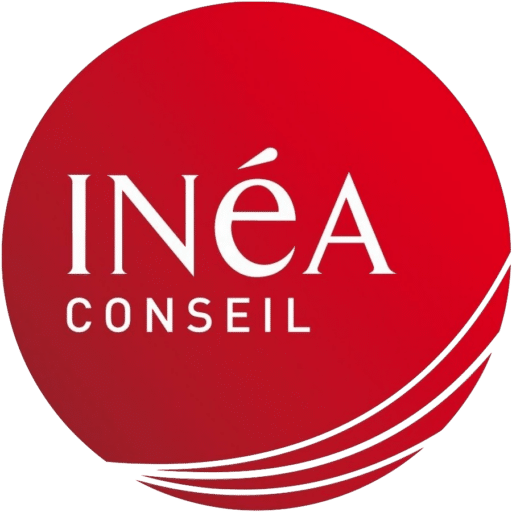Distributor : Warner Bros
Director: Peter Weir
Main actors : Robin Williams, Robert Sean Leonard, Ethan Hawke
Year of creation : 1989
Start : 40'00
End : 41'04
Length of the extract: 64s
Film Summary :
In the fall of 1959, John Keating, a teacher of literature like few others, enters an institution that has built its reputation as much on its austerity as on the rigidity of the education given to the young boys who are enrolled there: Welton Academy.
John Keating is much more than a teacher, and what he will teach his students is not in any textbook.
This teacher, through an extraordinary course and particular exercises, will change the life and the way of thinking of his students. On the program, the love of life, the freedom to think for oneself, the desire to express without constraint all one's potential and an unprecedented passion for the art of poetry... In this strict era where conformism reigns over education, John Keating is going to come up against the different rules imposed by the administration. However, some students will, thanks to the now famous "Carpe Diem", be able to realize themselves, to take charge of their lives and to approach their dreams. But dreams sometimes lead to disaster...
Facilitation Questions:
- What is Professor Keating's goal when he asks his students to stand on their desks?
- What do students learn by changing their perspective?
- What is the value of seeing things from another perspective?
- How is this process more effective than a formal lecture in explaining the concept of a filter?
- Why can it be considered that already by getting on the desk, students have begun to change their perspective?
- What teaching/training process does the teacher use here to bring about awareness?
- In terms of management, to which specific areas can this approach be applied?
How is this excerpt useful for managers?
This extract is particularly rich. It is inspiring in terms of both the teaching method and the purpose of the exercise. By asking his students to stand on their tables, Professor Keating gives them two practical demonstrations: their worldview is neither unique nor fixed. In other words, he makes them aware that reality is not only as they see it. Each individual has an image of reality that is influenced by a certain number of factors such as culture, education, and different experiences. All of these elements are called the filter. Sometimes it is enough to simply change position, to put oneself in the place of the other, to see reality from a different angle.
Becoming aware of this is a first step towards a certain number of practices that promote effective management. Changing perspective allows us to focus on the positive, to accept the images of others, and therefore of our colleagues. From there, we can go further: learn from others, develop creativity, move towards delegation.
In the context of the film, the action is all the more striking because the students to whom this practice is addressed have all received a very strict education. The teacher therefore consciously uses shock (pushing them to do something "that is not done") as a first step towards awareness. Having become aware of the image/reality filter, we can then change our image of reality, focusing on the positive. The application of the famous principle of seeing the glass as half full allows us to adopt a serene and positive inner attitude. The work on oneself brought about by the awareness of the filter is essential insofar as our inner attitude conditions our behavior and our relationships. The success of our actions also depends on it.
Let's focus on the positive! This necessary practice for personal well-being has repercussions on the professional environment.
If awareness of the image/reality filter is addressed at the beginning of management training, it is because it can be applied to several types of situations. In particular, it is essential to understand and accept why an assignment entrusted to a collaborator is very unlikely to be carried out exactly as imagined beforehand. You must therefore choose to listen to your collaborators' proposals and learn from them in order to progress yourself.
This awareness can even allow us to go further, to go beyond simple acceptance or understanding to encourage creativity. The novelty of my collaborator's view of the work in progress will undoubtedly open up perspectives that I had not envisaged. The final result can therefore be enriched and improved.
We can even go so far as to consider that being aware of the filter, accepting images other than one's own, is a first step towards successful delegation. A manager who takes into consideration the different images of his collaborators and is not afraid to be confronted with them is ready to delegate in a way that is both motivating and empowering.
Being able to adapt your perspective on things is also an excellent preparation for being able to manage change, another essential quality of a manager.





